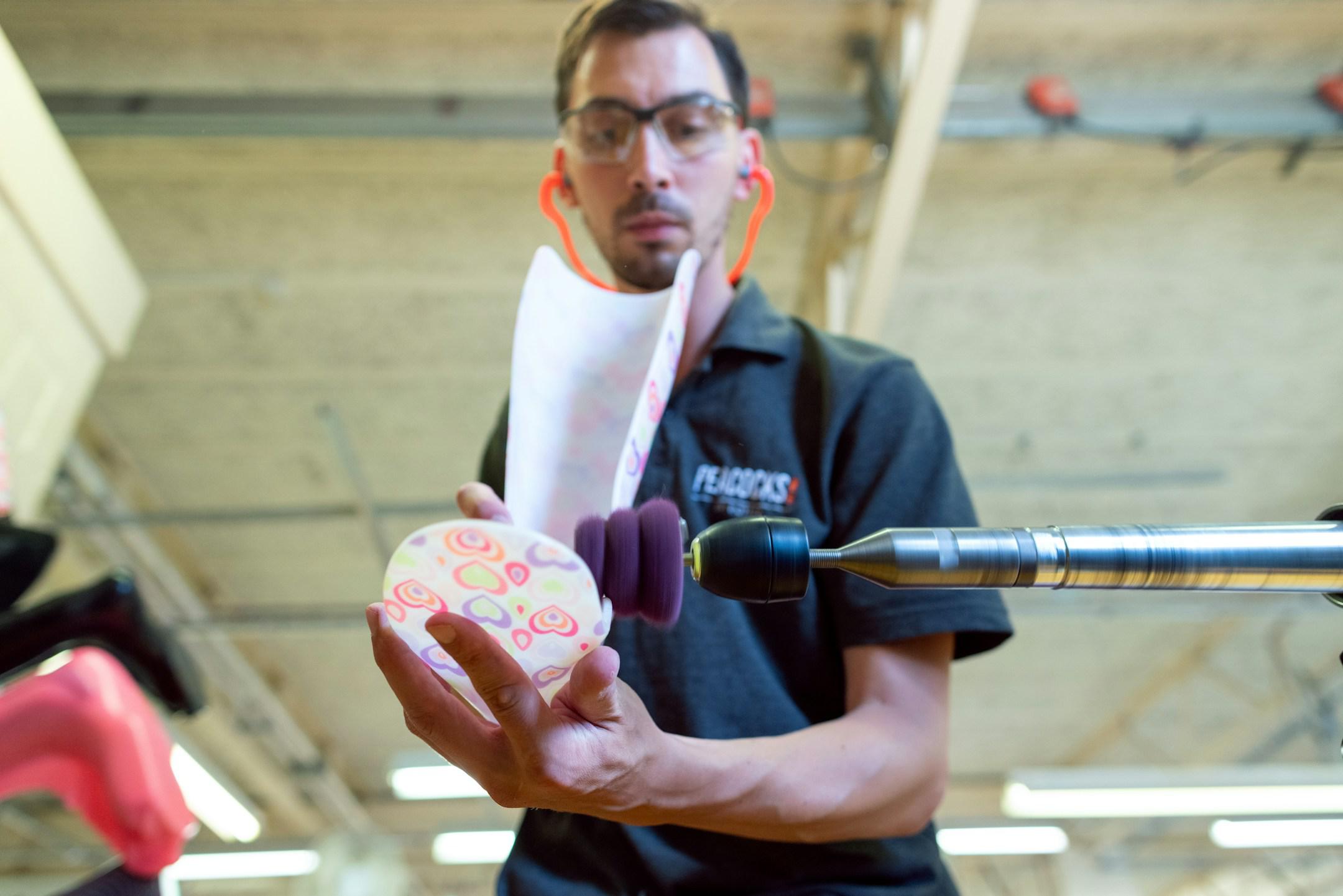
In the rapidly evolving landscape of the biomanufacturing industry, understanding the intricacies of its processes becomes paramount for contractors and engineers alike. Biomanufacturing employs biological systems, such as microorganisms and cellular cultures, to produce valuable products, including vaccines, therapeutics, and biofuels. As demand for these products rises, grasping the definition and significance of biomanufacturing helps emphasize its role in addressing global challenges in health and sustainability. With this foundational knowledge, engineers and contractors can better appreciate the intricacies involved in optimizing operations within this complex field.
This blog post will delve into practical strategies that engineers and contractors can adopt to maximize efficiency in biomanufacturing processes. By implementing the right practices, stakeholders can not only reduce waste and improve resource utilization but also ensure they meet the rising demands of the industry while maintaining high standards of quality and safety.
Biomanufacturing involves using biological systems or organisms to produce products, such as vaccines, drugs, and other biopharmaceuticals. This innovative approach capitalizes on the natural capabilities of cells and enzymes to create complex molecules more sustainably and efficiently than traditional chemical manufacturing processes. By harnessing living systems, biomanufacturers can tap into renewable resources, reduce waste, and minimize the environmental impact of production. This method enhances product quality and aligns with growing demands for sustainable practices within the pharmaceutical industry.
The importance of biomanufacturing in today’s rapidly evolving healthcare landscape cannot be overstated. As the world faces an increasing need for effective treatments and vaccines, biomanufacturing stands out as a crucial mechanism to meet these demands swiftly and safely. With its ability to scale production efficiently, biomanufacturing supports faster response times to public health crises, such as pandemics. In addition, the technology promotes innovation in drug development, addressing challenges like drug resistance and personalization of treatments.
Efficiency plays a vital role in biomanufacturing by driving down operational costs, minimizing resource waste, and enhancing the overall productivity of production processes. As the demand for biopharmaceuticals and biologics continues, manufacturers must adopt efficient practices to meet market needs. Higher efficiency leads to faster production cycles, enabling companies to bring products to market swiftly, which is especially crucial during public health crises. Moreover, optimizing efficiency contributes to sustainable practices by reducing the consumption of water, energy, and raw materials, thereby supporting environmental responsibility within the industry.
In addition to cost reduction and sustainability, efficiency in biomanufacturing translates directly to improved product quality and consistency. Streamlining processes helps to minimize variability, ensuring that each batch meets stringent regulatory standards. An efficient operation can quickly identify and address potential issues, reducing contamination or quality deviations risks. As such, investing in efficiency bolsters a company’s bottom line and enhances its reputation in the market by delivering reliable, high-quality products. Consequently, optimizing efficiency is no longer a luxury but a necessity for biomanufacturers aiming to thrive in a competitive landscape.
Implementing process automation stands out as a key strategy to enhance efficiency in biomanufacturing. Automation minimizes human error, streamlines operations, and accelerates production timelines. Manufacturers can automate repetitive tasks by utilizing advanced technologies such as robotics and artificial intelligence, allowing personnel to focus on more complex problem-solving challenges. Moreover, integrating real-time monitoring systems provides critical data that enables engineers to track performance, identify bottlenecks, and make informed adjustments. This proactive approach to managing production processes enhances speed and improves the overall quality of bioproducts.
Another effective method to boost efficiency is through resource optimization. Biomanufacturing often relies heavily on water, energy, and raw materials, making efficient resource management essential. Implementing a circular economy approach can significantly reduce waste and lower operational costs. For instance, recycling water within the manufacturing facility minimizes consumption, while energy-efficient machinery can reduce electricity usage. Additionally, regular maintenance schedules ensure that equipment operates at peak performance while reducing unexpected downtime. By focusing on these aspects, biomanufacturers can achieve greater efficiency, reduce costs, and contribute to sustainability goals in the industry.
Bothwell Engineering is a network of expert engineering consultants who provide cutting-edge solutions to biotech companies. Whether you are looking for support with commissioning one new piece of equipment or a whole facility of equipment, we’re confident we have the team you need to help with whatever you need.
Ready to connect with us today? Schedule a consultation here.